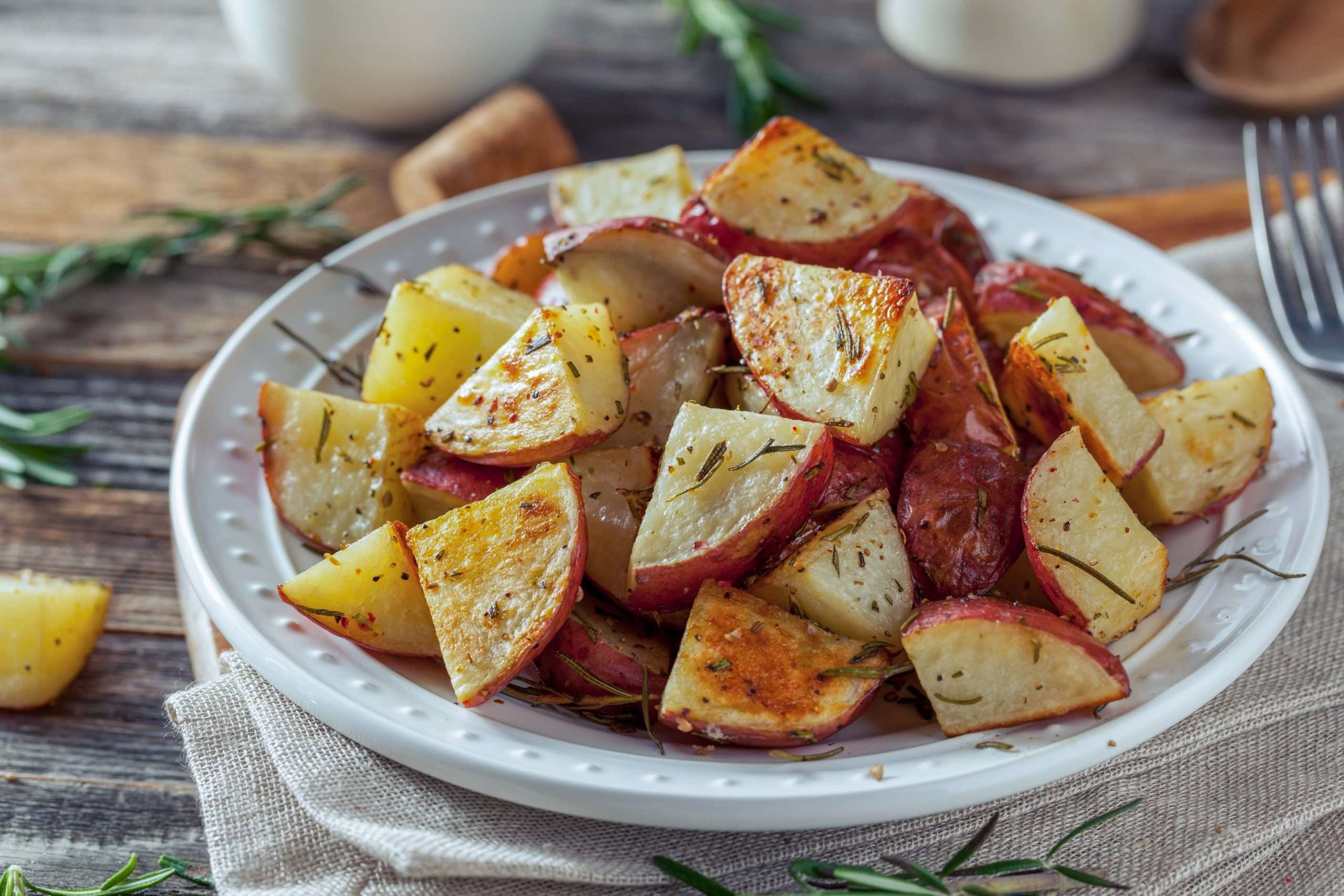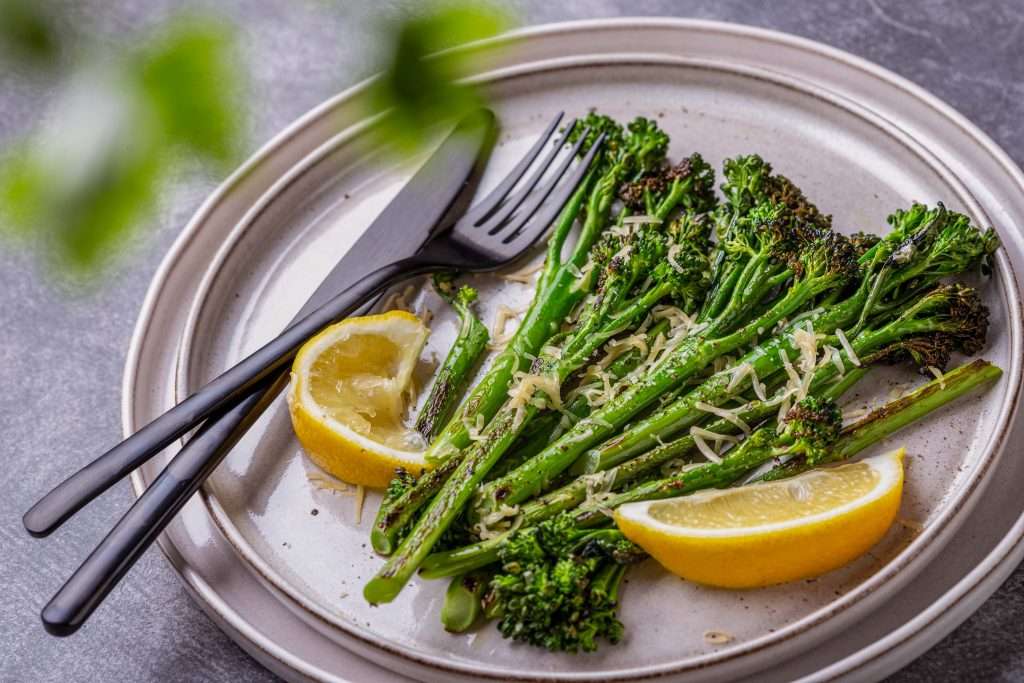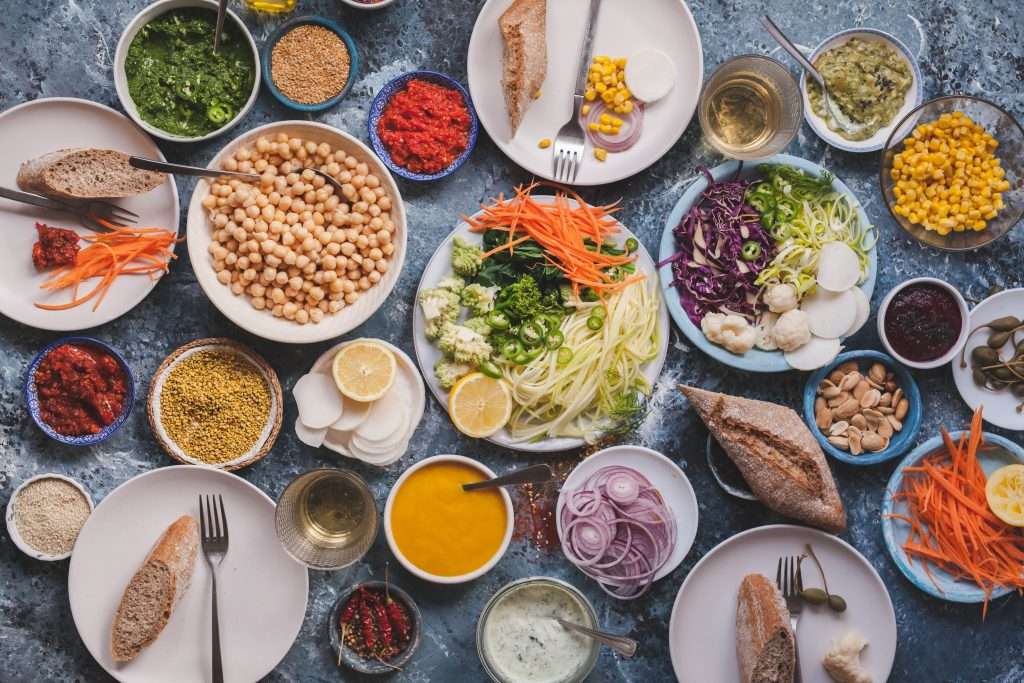Since you’re reading this, then the chances are you’re interested in being healthier, and you also know this starts with watching the food you eat. You know the basics, like don’t eat too much junk food or too much sugar, and to make sure you’re drinking enough water and eating enough fruit and veg. However, while there’s seemingly a lot of common knowledge out there, it seems that few people are talking about starch.
There are a lot of rumors flying around about starch. Some people say it’s good for you, some say only in moderation, and some people say to avoid it at all costs because it usually means carbohydrates, which is supposedly bad for you, especially when not kept in check. Today, we aim to clear up the rumours, present you with the facts, and teach you everything you need to know.
Vegetables with Starch
The most common places you’ll find starch in your diet is through your vegetables, but not all vegetables. Some of the starchiest vegetables include; corn, potatoes (white and sweet), beetroots, squashes, turnips, carrots, peas, and more.
Yes, it’s true that these vegetables have starch which means they have carbohydrates and therefore more calories, but that doesn’t mean they’re unhealthy. Starchy vegetables have high levels of antioxidants, minerals, vitamins, and more, which make these vegetables essential for a healthy diet. However, the downsides are that too many can spike your blood sugar levels and give you an increased calorie intake.
“As a rule of thumb, you want to make sure you’re limiting your starchy vegetable intake to about a ¼ of your plate. Bear this in mind because these vegetables tend to have less fibre which means you’ll feel less full and will want to eat more,” shares Nikki Marie, a food blogger at Writinity and Research papers UK.
Vegetables without Starch
While there are no vegetables truly without starch, these are the vegetables that certainly have less starch than the ones we spoke about above. The main distinction is that these vegetables are higher in fibre, lower in sugar, and only have around five grams of carbs per serving. You want at least one serving of these with every meal for the best benefits.
“Some examples of the most popular vegetables in this category include black olives, celery, peppers, tomatoes, eggplants, asparagus, Brussels Sprouts, and so on. As you can see, if a vegetable is leafy or ‘light’, then the chances are it’s a non-starchy vegetable,” explains Ana Harper, a lifestyle writer at Draft Beyond.
Finding a Balance
There are pros and cons to both kinds of vegetables and how starch affects you, and while eating any kind of vegetables is far better than eating junk food and sweets, to be healthy and full of energy, you’re going to want to balance your vegetables in the best possible way for the best benefits.
For example, starch foods contain antioxidants that have been proven to lower your risk of heart disease and even some types of cancer. They can also lower cases with high blood pressure, help to unclog blocked arteries, and lower high cholesterol levels.
Starch foods have also been known to help if you’re trying to lose or manage your weight since they can aid with your digestion processes and help your bowel movements remain healthy. The trick is to find the right balance between which vegetables you’re eating. If you’re just eating potatoes, then you’re going to find yourself getting bored quickly.
Fortunately, you can mix things up throughout the day by having whole grain cereals in the morning, perhaps some oats with fruit or yoghurt. At lunch, you can have something easy like a baked potato, pasta, or seeded bread. Basically, if you have starch in the morning, have non-starch at lunch and vice versa.
Then in the evening, you can have a properly balanced meal with both kinds of starch and non-starch vegetables. Having a rice dish in the evening is also recommended because of all the natural benefits this food provides.
All in all, it may take a little trial and error to see what works for you, but as you can see, taking a little time and energy to see what foods you’re eating can be a great way to manage your starch levels and therefore enjoy the benefits of a healthier lifestyle.
Eileen Harrison is a content creator at Do my assignment. She loves nothing more than helping people understand how to manage their diets and find happiness through the act of looking after themselves. She shares her content at Term paper writing service and Gum Essays, as well as other places across the internet.




